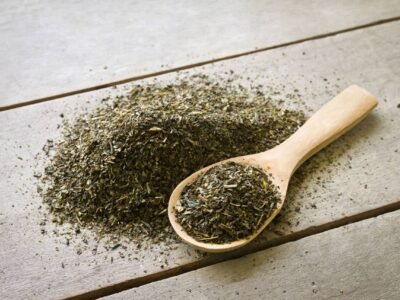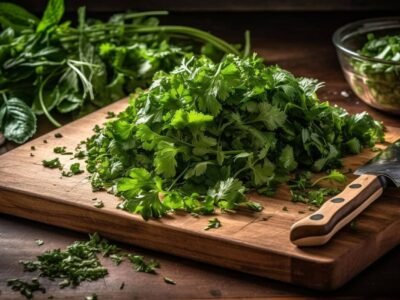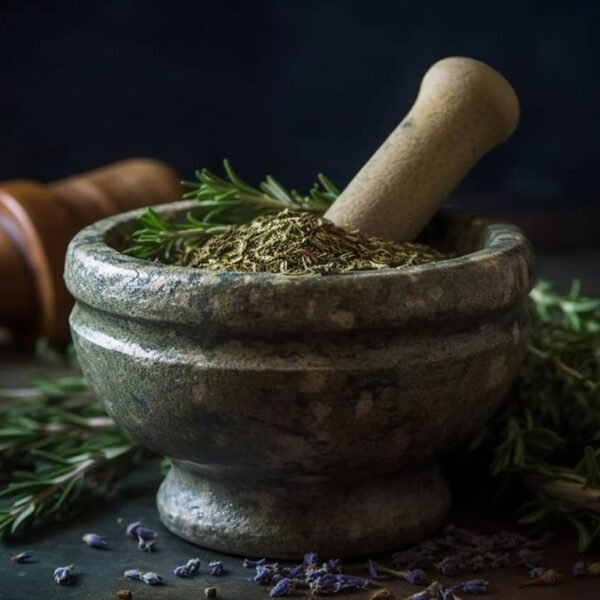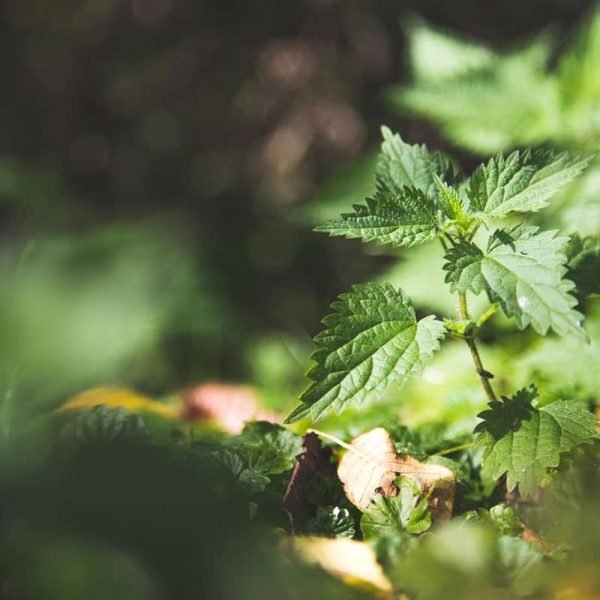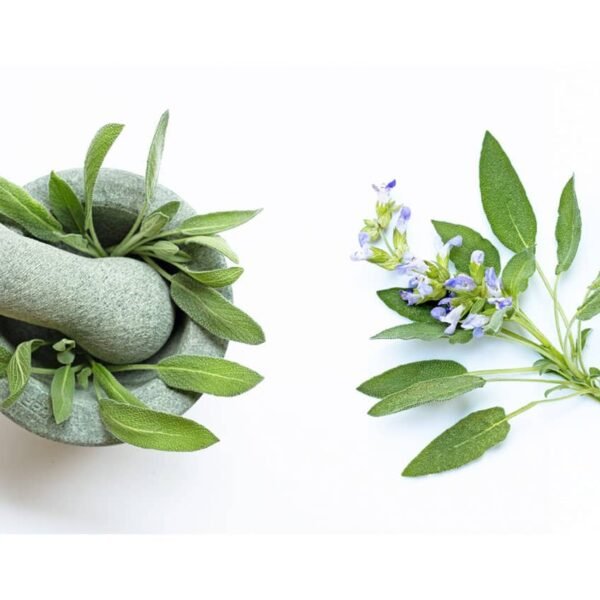Mushrooms have been used for centuries in traditional Chinese medicine. One of the most popular mushrooms is the reishi mushroom. Reishi mushrooms are large, red mushrooms that grow on logs or trees. They have a bitter taste and are usually dried or powdered before being used.
So, what is reishi and where does it come from? Reishi is a type of mushroom that is native to Asia. It has been used in traditional Chinese medicine for centuries to treat a variety of ailments. The active ingredient in reishi is thought to be polysaccharides, which are believed to have immune-boosting properties.
How is reishi used? Reishi can be taken as a supplement, tea, or extract. It is also sometimes used in skincare products. The recommended dose of reishi varies depending on the form you take it in and your health condition. For example, if you are taking it for general wellness, the recommended dose is 3 grams per day. However, if you are taking it for a specific health condition, the recommended dose may be higher.
What are the benefits of taking reishi? Reishi is said to boost energy levels, increase immunity, reduce stress, and promote longevity. Additionally, some research suggests that reishi may help treat certain health conditions like high blood pressure, cancer, and diabetes. However, more research is needed to confirm these effects.
If you’re interested in trying reishi, be sure to talk to your healthcare provider first to ensure it’s safe for you.

What is reishi?
Mushrooms have been used in traditional Chinese medicine for centuries and are now gaining popularity in the Western world as a natural remedy for a variety of health conditions. One of the most popular and well-researched mushrooms is reishi, also known as Ganoderma lucidum.
Reishi grows in temperate and subtropical forests around the world and has a long history of use in Asia. In traditional Chinese medicine, it is often used to boost energy and stamina, promote longevity, and treat a wide range of health conditions.
In recent years, scientific studies have begun to validate many of the traditional uses of reishi. Research has shown that reishi can help improve immune function, lower inflammation, reduce anxiety and depression, and enhance cognitive function.
If you are considering taking reishi for its health benefits, it is important to consult with a healthcare professional to ensure it is safe for you. This is especially important if you have any underlying health conditions or take any medications.
Where does reishi come from?
Reishi mushrooms are a type of medicinal mushroom that has been used in traditional Chinese medicine for centuries. They grow naturally on the trunks of hardwood trees in temperate and subtropical forests around the world. Reishi mushrooms have a long history of use in Asia, where they were traditionally used to treat a variety of health conditions. Reishi mushrooms are now widely available in supplements, powders, and tinctures. They can also be found in some health food stores and online.
How is reishi used?
Reishi is often used as a dietary supplement, as it is thought to have a range of health benefits. It is sometimes taken in the form of capsules, tablets, or tea. Reishi is also used in traditional Chinese medicine, where it is believed to have numerous medicinal properties. Some people also apply reishi directly to the skin, in the form of a cream or ointment.

What are the benefits of taking reishi?
Reishi, an ancient Chinese medicinal mushroom, is prized for its wide range of health benefits. These include boosting energy levels, helping to improve sleep quality, reducing stress and anxiety, and aiding in the management of diabetes. Reishi is also thought to help boost the immune system, improve heart health, and protect against certain types of cancer.
Reishi supplements are typically made from the dried mushrooms, which can be taken in capsule or powder form. Some people also choose to make a tea from the dried mushrooms. While there is some scientific evidence to support the claimed health benefits of reishi, more research is needed.
Are there any side effects of taking reishi?
Taking reishi can cause some side effects, including stomach upset, dry mouth, and nosebleeds. It can also lead to difficulty sleeping. People with autoimmune conditions or who are taking immunosuppressive medications should avoid taking reishi, as it may worsen their condition.
How do I take reishi?
There are many ways to take reishi, as it is available in many forms including powders, capsules, tinctures, and teas. The most important thing is to find a method that works for you and that you can stick with. Some people prefer to take reishi in the form of a tea, while others find it easier to take it in capsule form. There is no wrong way to take reishi, as long as you are taking it regularly and consistently.
If you are taking reishi in powder form, the general recommendation is to take 1-3 grams per day. You can mix the powder with water or juice, or add it to a smoothie or other recipe. If you are taking reishi in capsule form, the recommended dosage is 500-1000 mg per day. You can take the capsules with water or juice, or simply swallow them with a glass of water. If you are taking reishi in tincture form, the recommended dosage is 1-2 ml per day.
You can take the tincture by itself or mix it with water or juice. If you are taking reishi in tea form, the recommended dosage is 2-4 grams per day. You can make a tea by boiling water and adding the desired amount of reishi powder or slices. Steep for 10-15 minutes before drinking. For more information on taking reishi, check out this article from VeryWellMind.
Final Words
Reishi is an amazing mushroom with a long history of use in traditional Chinese medicine. Today, reishi is gaining popularity in the Western world as people learn about its many health benefits. Reishi can be taken in a variety of ways, and is generally considered safe with few side effects. If you are looking for a natural way to boost your health, reishi is definitely worth trying!




